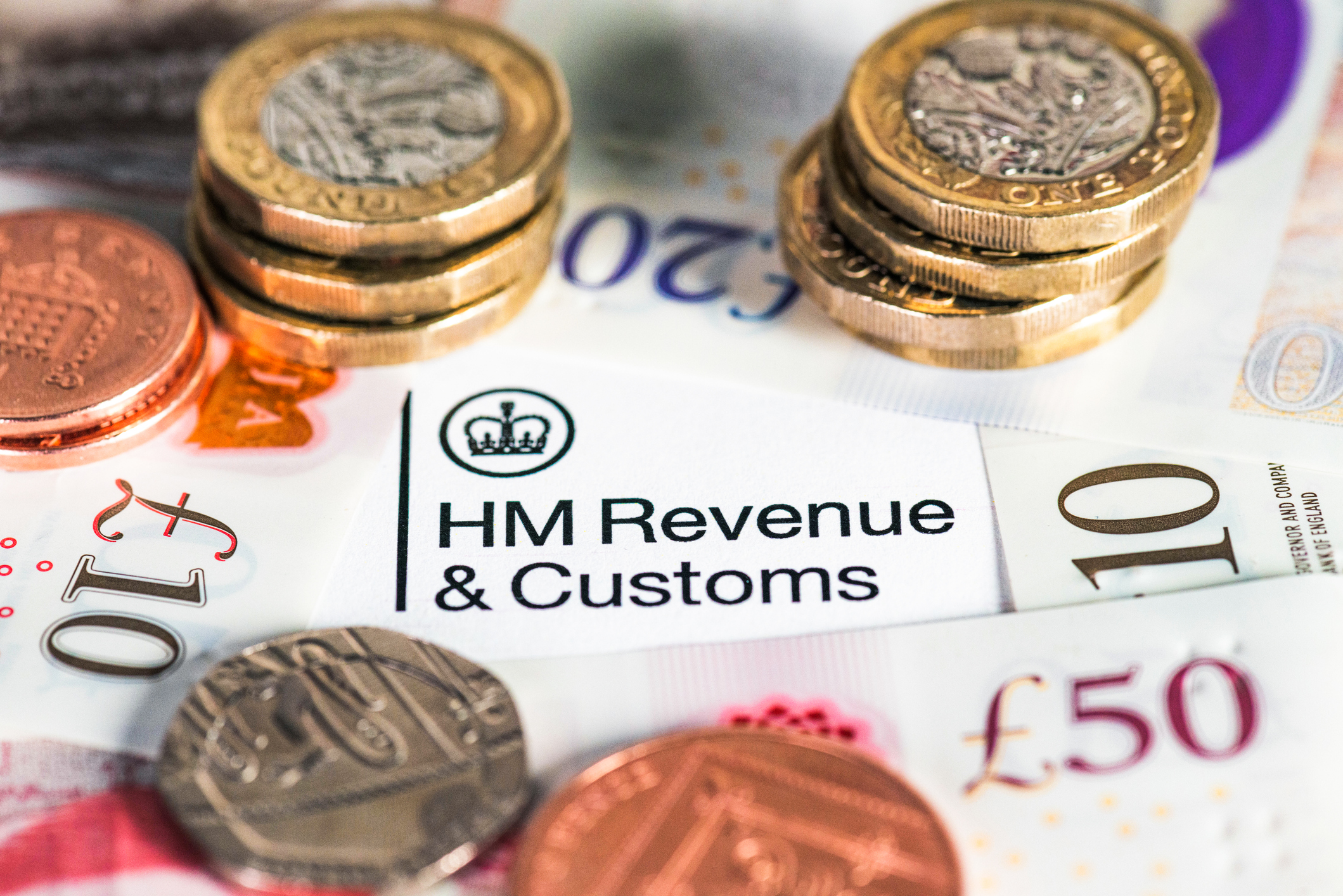Autumn Statement: Households still face an extra £4,000 tax bill despite NI cuts
Autumn Statement tax giveaways will be offset by fiscal drag, the Resolution Foundation warns


Get the latest financial news, insights and expert analysis from our award-winning MoneyWeek team, to help you understand what really matters when it comes to your finances.
You are now subscribed
Your newsletter sign-up was successful
Want to add more newsletters?
Households may end up paying £4,300 more to HMRC by the end of 2029, despite tax cuts announced in the Autumn Statement.
Chancellor Jeremy Hunt unveiled a range of measures to boost the economy yesterday including National Insurance (NI) cuts and an increase in the minimum wage and state pension.
But research by the Resolution Foundation warns that households will still be £1,900 poorer at the end of the parliament next year and their tax burden will have risen by the end of the decade to more than £4,000.
Try 6 free issues of MoneyWeek today
Get unparalleled financial insight, analysis and expert opinion you can profit from.

Sign up to Money Morning
Don't miss the latest investment and personal finances news, market analysis, plus money-saving tips with our free twice-daily newsletter
Don't miss the latest investment and personal finances news, market analysis, plus money-saving tips with our free twice-daily newsletter
This is mainly due to the effects of frozen income tax and NI thresholds since 2021 that have caused fiscal drag.
What is fiscal drag?
Income tax and National Insurance thresholds have been frozen since 2021 and will remain the same until 2028.
That means that rather than tax allowances rising with inflation as people earn more, instead you could end up paying more tax on your earnings and be moved into higher tax bands sooner than expected while other costs continue to rise.
This is known as fiscal drag and essentially helps the government charge more tax without explicitly increasing rates.
How fiscal drag affects the Autumn Statement announcements
The Resolution Foundation’s analysis suggests the cuts announced in the Autumn Statement have been dwarfed by previously announced tax rises.
Hunt said the 12% NI rate for workers will fall by 2 percentage points to 10% from 6 January, 2024.
The average worker on a £35,400 salary will save about £450 a year. Anyone earning more than £50,270 will save the maximum of £754 a year.
Class 2 NI contributions for the self-employed will also be abolished. Meanwhile, the rate of class 4 NI will drop from 9% to 8% in April.
Both these reforms will save around two million self-employed workers an average of £350 a year, the Treasury said.
But the Resolution Foundation said that personal taxes overall are actually going up and the £10 billion of cuts announced in the Autumn Statement are outstripped by previously announced tax rises such as the freezing of NI and income tax thresholds for six years, which are expected to raise £45 billion.
This means the effective tax rate on wages and salaries has risen from 36% pre-pandemic to 44% in 2028/2029, despite the latest NI cut, the Resolution Foundation said.
The think tank also suggests the tax burden is rising, with tax receipts as a share of the economy now set to reach 37.7% in 2028/2029, the highest level in 80 years.
This means a 4.5% increase in the tax burden between 2019/2020 and 2028/29, the equivalent of an extra £4,300 for every household.
Torsten Bell, chief executive of the Resolution Foundation, said “tax cutting rhetoric” has clashed with “tax rising reality”.
“Ultimately this reflects the pressures, not only of an upcoming election, but of governing a sicker, older, slower growing Britain, amidst an era of far higher interest rates,” he says.
“That might be difficult for policymakers, but it’s a disaster for households whose wages are stuck in a totally unprecedented 20-year stagnation. This parliament is set to achieve a truly grim new record: the first in which household incomes will be lower at its end than its beginning.”
How to avoid fiscal drag
It can be hard to escape being hit by fiscal drag unless you take a pay cut.
There are more tax-efficient routes though, such as contributing more to your pension through your salary, which can reduce your gross income.
Self-employed people could also claim allowable expenses to reduce their tax bill, while giving money to charity can also reduce how much you owe HMRC.
Additionally, make use of your ISA allowance to ensure returns from your savings and investments are at least tax-free.
Get the latest financial news, insights and expert analysis from our award-winning MoneyWeek team, to help you understand what really matters when it comes to your finances.

Marc Shoffman is an award-winning freelance journalist specialising in business, personal finance and property. His work has appeared in print and online publications ranging from FT Business to The Times, Mail on Sunday and the i newspaper. He also co-presents the In For A Penny financial planning podcast.
-
 Financial education: how to teach children about money
Financial education: how to teach children about moneyFinancial education was added to the national curriculum more than a decade ago, but it doesn’t seem to have done much good. It’s time to take back control
-
 Investing in Taiwan: profit from the rise of Asia’s Silicon Valley
Investing in Taiwan: profit from the rise of Asia’s Silicon ValleyTaiwan has become a technology manufacturing powerhouse. Smart investors should buy in now, says Matthew Partridge